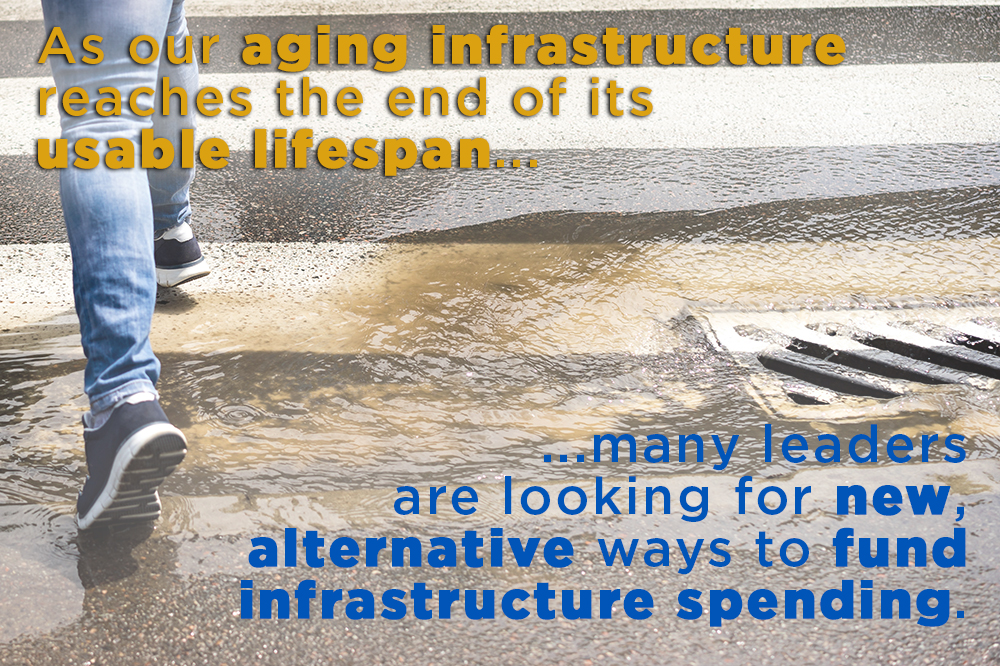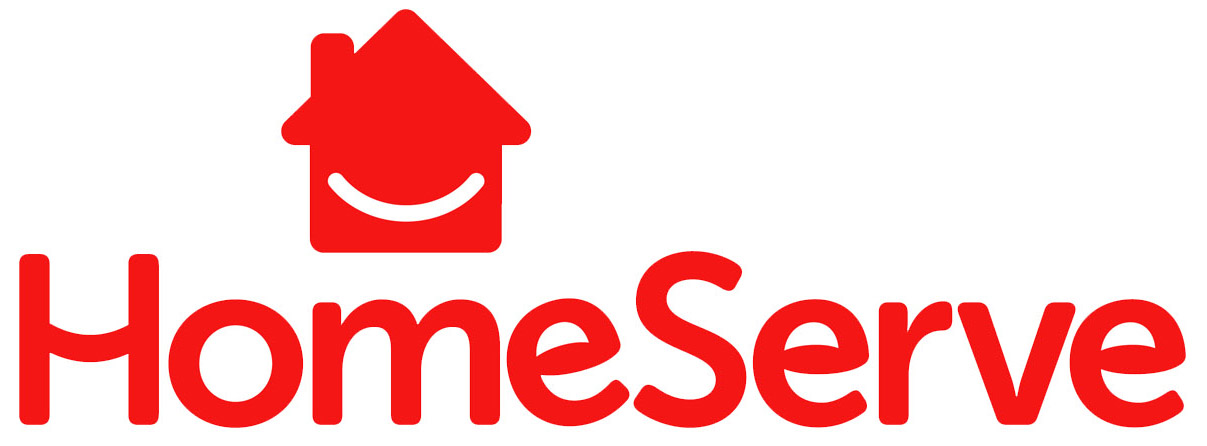It is no surprise to local leaders that federal and state aging infrastructure spending has been dropping for years. However, cities are still faced with the issue of funding maintenance and rehabilitation – and sometimes expansion – of important infrastructure.
 As our aging infrastructure reaches the end of its usable lifespan and the responsibility for financing the future of America falls on our cities, many leaders are looking for new, alternative funding sources.
As our aging infrastructure reaches the end of its usable lifespan and the responsibility for financing the future of America falls on our cities, many leaders are looking for new, alternative funding sources.
One such source is the result of the federal government’s Water Infrastructure Finance and Innovation Act, or WIFIA. WIFIA provides long-term, low-cost loans for improving energy efficiency at water treatment and waste water plants; desalination, aquifer recharge, alternative water supplies and recycling water; and drought prevention, reduction and mitigation.
At the state level, states have, for many years, matched federal funding through the Clean Water and Drinking Water State Revolving Funds. However, these funds are limited, often requiring large matches that cities don’t have and city leaders are learning to get creative by looking at all available sources of funds, from the traditional to the alternative.
At the local level, there are the always reliable general obligation or revenue bonds, which can be paid off through collected taxes or fees added to ratepayers’ bills. Infrastructure debt also can be remediated through taxation, through a local option sales tax, a special purpose tax that isn’t limited to residents, but those who work or vacation in your city. However, this may be accompanied by a cut in state aid or competition from nearby cities to lower their taxes to lure shoppers.
One problem many cities are trying to tackle is storm water, as their combined storm water/sewage systems overflow following heavy rain, dumping untreated wastewater into streams and rivers. Eliminating combined sewer overflows is an unfunded mandate, as storm water runoff from a combined sewer system often picks up pollutants. Many cities are encouraging residents to consider green infrastructure, such as porous sidewalks and driveways, rain barrels and rain gardens to mitigate the overflow. Managing storm water requires infrastructure, and giving residents retention credits against those fees for installing green infrastructure reduces the strain on the system. Additionally, some cities are implementing storm water utility fees, local development fees and special taxes to fund sewer separation.
While that may help with storm water systems, other approaches are needed for sewer and potable water systems, many which are either plagued by inflow and infiltration or undetected leaks. Utility managers may want to take a page out of the energy playbook and institute a public benefit fee – such fees can be used for maintenance or small projects and constitute a steady stream of revenue.
In addition, public-private partnerships are available – in return for taking a portion of the risk by providing upfront funding, a private entity would be given a later consideration, such as tolls or collecting fees from ratepayers. P3s allow cities to stretch their budgets with private dollars while considering the entire cost of a project, including maintenance. They also can help projects cut through red tape and increase the likelihood it is on-budget and on-time. Some entities are considering “P4s,” or public-public-private partnerships, in which multiple agencies work with a private partner, leverage existing partnerships.
Infrastructure funding tools may not be available to everyone – only a little more than half of the states, 27, have infrastructure banks; only 32 authorize public-private partnerships; and 29 authorize local option sales taxes. To truly have effective strategies, cities need to be given more flexibility in how they raise funds, sources of capital such as private activity bonds should be expanded and obstacles to advancing the progress of necessary projects must be reduced. The federal government may want to take a page out of Indonesia’s book, where $400 billion was spent on infrastructure development in the past five years. By identifying those projects that could help boost Indonesia’s economy, the government was able to prioritize projects and walk them through the process with the assistance of the Committee for Acceleration of Priority Infrastructure Delivery.
As our infrastructure continues to erode, changes must be made to allow for innovative financing options. City leaders need more flexibility and fewer obstacles in order to address this mounting problem.
Those seeking alternative means of funding should consider the National League of Cities Service Line Warranty Program, which educates homeowners on their responsibility to maintain their service lines, provides an optional emergency home repair plan and offers royalties to qualifying cities. Royalties have been used for charitable giving, to bolster general funds, to forgive low-income families’ water debts – and for maintenance and toward special projects.
The program has a nationwide network of licensed, insured and thoroughly vetted contractors and award-winning call centers in Chattanooga, Tennessee, and Canonsburg, Pennsylvania, that are available 24/7/365. To learn more about improving your city’s finances while offering your residents peace of mind, contact us.

